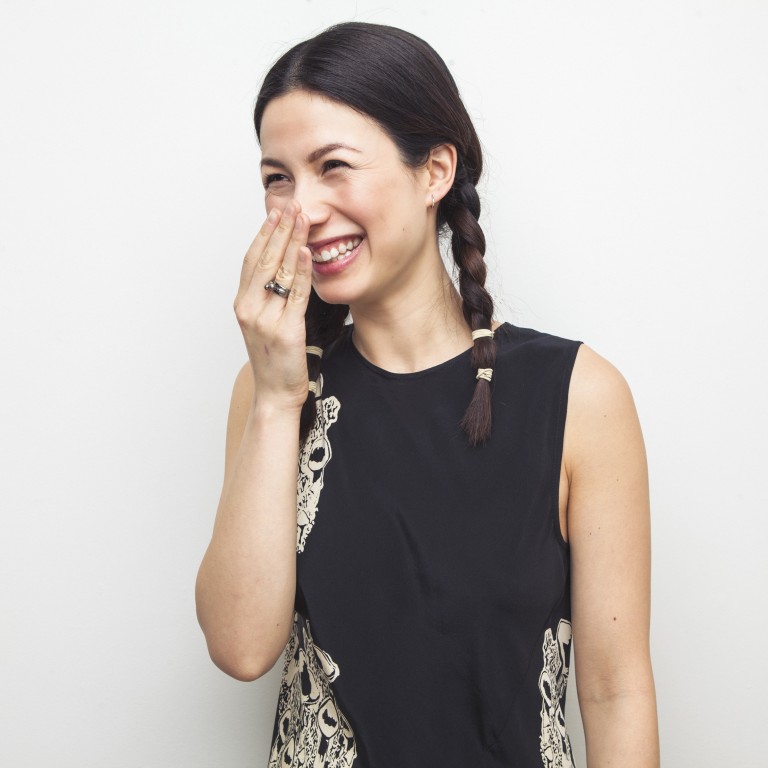
Emmy the Great on Her Bilingual Song and Eurasian Roots
The singer has just released her third album “Second Love”—and she’s also released versions of her new song “Constantly” sung both English and Putonghua.
“Anti-folk” singer-songwriter Emma-Lee Moss, aka Emmy the Great, was born and grew up in Hong Kong before moving to the UK at age 11. The singer has just released her third album “Second Love”—and online she’s released versions of her new song “Constantly” sung both English and Putonghua. Check it out:
Your video for “Constantly” is split-screen: On one side you sing English, on the other Chinese. Are you specifically pointing to your dual identities? It’s something that I wanted to acknowledge because I’ve acknowledged it to myself. I spent half my life growing up in Hong Kong and the second half into adulthood growing up in England and I really do have two distinct selves: a set of cousins I only speak Chinese to, a set of cousins I only speak English to. It’s very natural that there should be two selves. I always used to be like “who am I? Which one do I accentuate?” and now it’s like “No, you can be both.” Anyone growing up in Hong Kong feels that—Hong Kong has a split personality, let alone anyone in it.
Why decide to translate your music? When I moved to England from Hong Kong, I went from being the only person who spoke English at school to the only person who spoke Chinese: I became a little shy of speaking Chinese. But as I reconnected with my full self, that led to this desire to sing in Chinese. I translated a few of my songs and I felt like I had unlocked all this stuff that had been buried. It felt so freeing and natural.
How did you do the translation? Me, my mom, my auntie and a friend of my dad were emailing back and forth. We were even using Google Translate! Mom would be like, “OK, here’s the direct translation, but here’s something that sounds better”—so we would change it to something that was more poetic. It was a lovely ritualistic experience to go through with my family.
You don’t speak Putonghua. Why not just sing in Cantonese, as you know it already? I felt that Mandarin has this romance that really suited this song. Mandarin is a really great language for longing. Like that beautiful Teresa Teng song [“Yue Liang Dai Biao Wo Di Xin” ("The Moon Represents My Heart")]. But there’s another song that we translated into Cantonese—it’s about walking around on the street. To me, that was definitely a Cantonese song. To me Asia and the Hong Kong I grew up in is like a Babel: everyone is speaking their own language, they’ve all come together in this place, and we’re understanding it together.

These days, western artists cover Chinese songs as quick cash grabs. Do you think your songs could open up the China market to you? It’s something that people have been telling me to do my whole career, but I don’t want to do a cash grab. I’ve finally come to a point where it feels natural and important to me: It’s literally a question of what’s going on in my soul. I’m so glad I waited and didn’t force it.
Any plans to come back to Hong Kong soon? I think so, yeah—my parents live there. I come back once a year and I want to do it twice, but it’s so far from New York. But I just feel so happy when I’m exploring Hong Kong. I feel like it’s become more peaceful recently.

